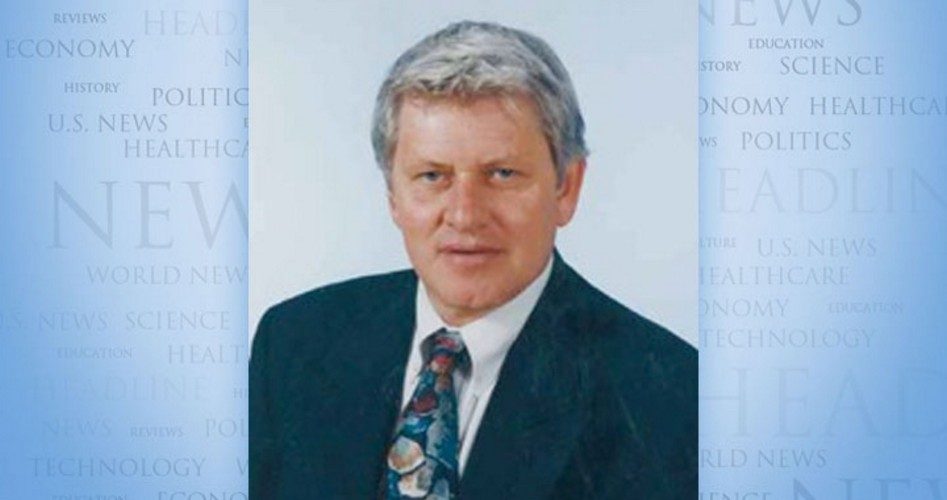
“What constitutes fairness and justice has been debated for centuries,” wrote Walter E. Williams, economics professor at George Mason University in Fairfax, Va., in a recent column. “Widespread agreement has proved to be elusive at best.”
First, contended Williams, to determine whether there is justice or fairness in an economic system and its distribution of wealth and income, one must examine the processes that determined the economic outcomes.
“Knowing that one person’s yearly income is $500,000 and another’s is $12,000 tells us nothing about economic justice or fairness,” argued Williams. “Most people — including economists, much to their shame — who discuss income inequality fail to acknowledge or make explicit that income is a result of something.”
Well, to avoid having shame directed at my economic writing, I’ll be quite explicit about how income differences can be the result of something other than capitalist greed, racism, sexism, union busting, gluttonous stockholders, globalization, imports, automation, or the grasping shenanigans of the top 1 percent.
For instance, a key reason that high-income families have higher earnings than low-income families is that they largely work more. Straightforwardly stated, there are more workers working more hours in high-income families, on average, than in low-income families.
Explicitly, as reported by Stephen Moore and Arthur Laffer in their 2010 book Return to Prosperity, the average number of workers was 2.1 per household at that time in the top income quintile of U.S. families, the top fifth of income-earning American households.
In contrast, the average number of workers per household in the bottom income quintile, the poorest fifth of families, was .48 — one person working less than half time.
“So it should not be too surprising that wealthy families have more income, since they have four workers for every worker in the lowest-income group,” explained Moore and Laffer.
“Some time ago, burglars in England scrawled on the wall of a home they had looted: ‘RICH BASTARDS,’ ” reported economist Thomas Sowell, senior fellow at the Hoover Institution at Stanford University, in his January 6, 2015 column, “The ‘Equality’ Racket.”
Those two words, wrote Sowell, “captured the spirit of the politicized vision of equality,” a spirit of perpetual grievance that sees things as unjust, unfair, repressive, suppressive, oppressive, and exploitive if someone is better off than themselves.
The burglars could also have appropriately scrawled a quote from Karl Marx on the wall of those being robbed in order to explain the collectivist justification for their sticky-fingered act of wealth leveling and economic redistribution: “From each according to his abilities, to each according to his needs.”
Explained Sowell: “If one racial or ethnic group has a lower income than another, that is automatically called ‘discrimination’ by many people in politics, the media and academia. It doesn’t matter how much evidence there is that some groups work harder in school, perform better and spend more postgraduate years studying to acquire skills in medicine, science or engineering. If the economic end results are unequal, that is treated as a grievance against those with better outcomes, and a sign of an ‘unfair’ society.”
Bottom line, if the economic end results in a particular company or any other institution are unequal, too many politicians, pundits, ethics specialists, barristers, fairness hucksters, and grievance mongers contend that income inequality, promotion differences, layoff disparities, and firing differentials are caused by employer discrimination, rather than individual and group differences in performance, attitude, and aptitude.
Ralph R. Reiland is an associate professor of economics and the B. Kenneth Simon professor of free enterprise at Robert Morris University in Pittsburgh.



